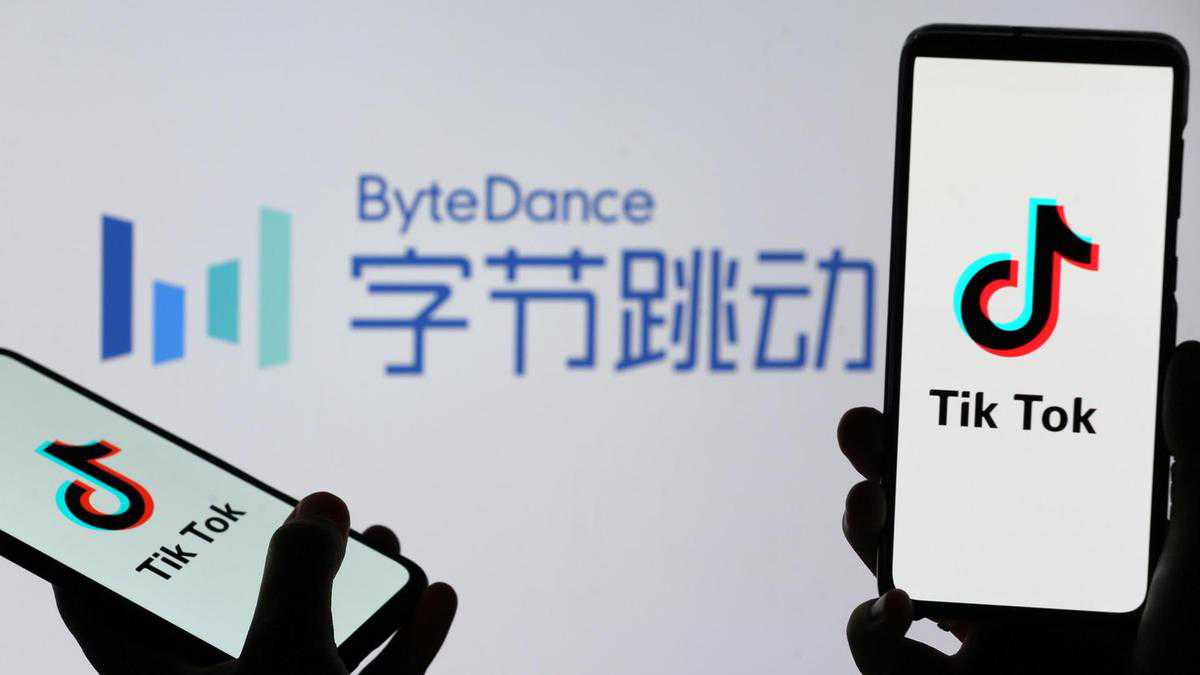TikTok ban delayed as proposed sale remains uncertain
14 November, 2020

The Trump administration pulled back from its threat to ban the viral video-sharing iphone app TikTok in the US, as the dispute winds its way through the court system and a proposed sale hangs in limbo.
For months, the app’s Chinese owner, ByteDance, has faced the prospect of a US ban starting Thursday. But judges have blocked those prohibitions from entering effect. The Commerce Department said on Thursday that it would comply with those court rulings for the moment, even as the federal government appeals.
The TikTok prohibition “HAS BEEN ENJOINED, and can NOT GET INTO EFFECT, pending further legal developments,” the Commerce Department said in a document published in the federal register.
Separately, ByteDance has challenged an order from the Treasury Department to market TikTok or face unspecified penalties. The US Court of Appeals in Washington on Thursday gave ByteDance and the Trump administration December 14 and December 28 deadlines to file documents in the case.
When it filed the petition Tuesday, TikTok said the federal government had not responded to its latest efforts to strike a compromise and prevent an enforced sale. It’s not yet determined if anything has developed since to extend the deadline, however the court order didn’t allude to any new arrangement.
ByteDance had sought US approval for a deal to market a stake in the app to Oracle and Walmart prior to the November 12 deadline. But the agreement appears to be in limbo. Before filing its petition in Washington this week, ByteDance requested a 30-day extension from the Committee on Foreign Investment in the US, or Cfius, that's overseen by the Treasury Department, to keep working toward a remedy. That request went unanswered, according to court papers.
As of midnight Thursday, the administration hadn’t issued a statement about whether it had been granting the extension.
Lawyers for TikTok and officials at the Treasury Department didn’t react to requests for comment.
President Donald Trump has made the battle over TikTok a central front in his broader efforts to crack down on the influence of China’s technology industry in the US. Trump first ordered a TikTok sale in August, and threatened to ban the software if ByteDance couldn’t reach an agreement with an American company.
He hasn’t said anything about TikTok since last week’s presidential election, having focused on trying to discredit the results that show he lost. But on Thursday he issued an executive order prohibiting US investments in Chinese firms determined to be owned or controlled by the country’s military.
In September, a judge in Washington blocked a portion of the ban that could have prevented new downloads of the app. And on October 30, a Pennsylvania judge issued a non permanent injunction on rules that would have prevented third-party companies from providing online infrastructure which allows TikTok to operate smoothly. The US appealed the Washington ruling in October, and said on Thursday it could appeal the Pennsylvania ruling.
In a filing late Thursday, the Justice Department urged the appeals court in Washington to get rid of the injunction blocking the ban on new downloads, saying, at minimum, it’s overly broad.
“The district court didn't defer to the national security determinations of the Executive Branch, and didn't consider the harms that the court’s injunction inflicts on the public,” the federal government said in the filing.
Oral arguments in the case are scheduled for December 14.
The status of the Cfius process for a sale is less clear. If the government reaches an accord with the company, it might exercise discretion around enforcement timing, said Aimen Mir, somebody at Freshfields Bruckhaus Deringer and a former deputy assistant secretary for investment security at the Treasury, where he ran reviews for Cfius.
“Usually when there is extended silence from Cfius, it suggests there’s no clear consensus within government on what the next step would be, but this has been an atypical case for awhile,” Mr Mir said.
If an extension hasn’t recently been granted, Mr Mir said the Justice Department would need to go to court and seek enforcement of the divestiture order. Mr Trump’s executive order from August doesn’t stipulate a clear punishment for failure to divest, but says that “the Attorney General is authorised to take any steps essential to enforce this order.” The Justice Department declined to comment.
TikTok is among the most popular apps on the planet -- with more than 100 million US users -- and ByteDance’s most significant service beyond China. The company and its investors are desperate to complete a deal in order to avoid a ban in what is a valuable market for other social media apps, like Facebook’s Instagram and Snap Inc’s Snapchat.
Mr Trump threatened to ban TikTok and order its sale to a US company consequently of national security concerns. The US is worried that the Chinese government could use the app to get access to the non-public data of American citizens.
Cfius, the Treasury Department panel that reviews foreign acquisitions of American businesses, said in a July 30 letter included in ByteDance’s court filing in Washington this week that its security concerns were predicated on both classified and unclassified information. The letter cited the move by a Chinese affiliate of ByteDance in 2017 to establish a Communist Party Committee in its governance structure, and remarked that ByteDance also collaborates with public security bureaus across China.
Source: www.thenationalnews.com
